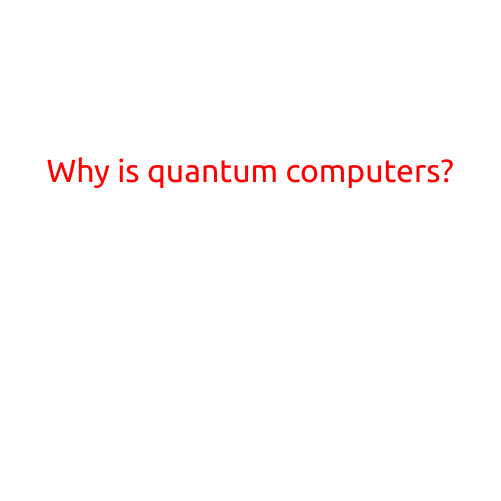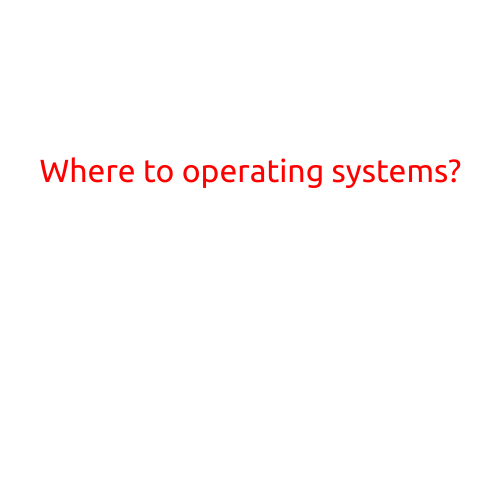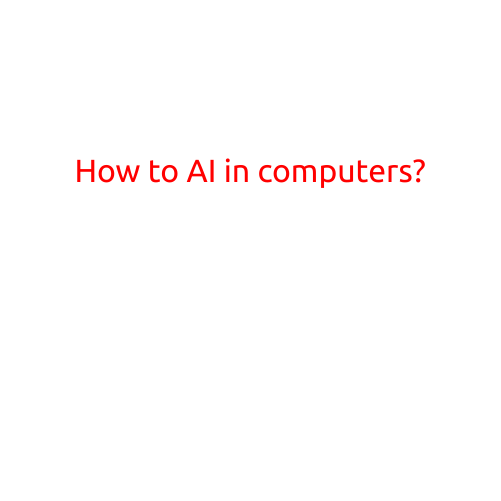
Why is Quantum Computers?
The concept of quantum computers has been around for decades, but it wasn’t until recent years that the idea began to gain mainstream attention. As the world becomes increasingly reliant on technology, the demand for faster, more efficient, and more powerful computing systems has grown. Quantum computers, with their ability to process information exponentially faster than traditional computers, have the potential to revolutionize the way we live and work. But what is a quantum computer, and why is it so important?
What is a Quantum Computer?
A quantum computer is a type of computer that uses the principles of quantum mechanics to perform calculations and operations. Unlike traditional computers, which use bits (0s and 1s) to process information, quantum computers use quantum bits, or qubits. Qubits are capable of existing in multiple states simultaneously, which allows them to process vast amounts of information at the same time. This property, known as superposition, enables quantum computers to complete complex calculations much faster than traditional computers.
Why is a Quantum Computer Necessary?
There are several reasons why quantum computers are necessary:
Speed: Quantum computers have the potential to perform tasks that currently take traditional computers years or even centuries to complete. This means that complex calculations, such as those used in fields like medicine, finance, and climate modeling, can be completed in a matter of seconds.
Security: Quantum computers can create unbreakable codes, making them ideal for secure communication and data encryption.
Problems: Traditional computers can only solve certain types of problems, such as basic addition and subtraction. Quantum computers, on the other hand, can solve complex problems that are beyond the capabilities of traditional computers.
Disruption: Quantum computers have the potential to disrupt entire industries, such as finance, healthcare, and energy, by providing more efficient and effective solutions.
Real-World Applications
Quantum computers have the potential to revolutionize many areas of our lives, including:
Medicine: Quantum computers can be used to analyze vast amounts of medical data, leading to breakthroughs in disease diagnosis and treatment.
Finance: Quantum computers can create unbreakable codes, allowing for secure financial transactions and protecting sensitive financial information.
Energy: Quantum computers can be used to optimize energy production and consumption, leading to more efficient and sustainable energy systems.
Materials Science: Quantum computers can be used to simulate complex materials and reactions, leading to breakthroughs in fields like chemistry and physics.
Conclusion
Quantum computers are not just a novelty or a curiosity; they have the potential to revolutionize the way we live and work. With their ability to process vast amounts of information exponentially faster than traditional computers, quantum computers are poised to disrupt entire industries and create new opportunities for innovation and growth. As the technology continues to develop and mature, we can expect to see more and more real-world applications of quantum computers.





